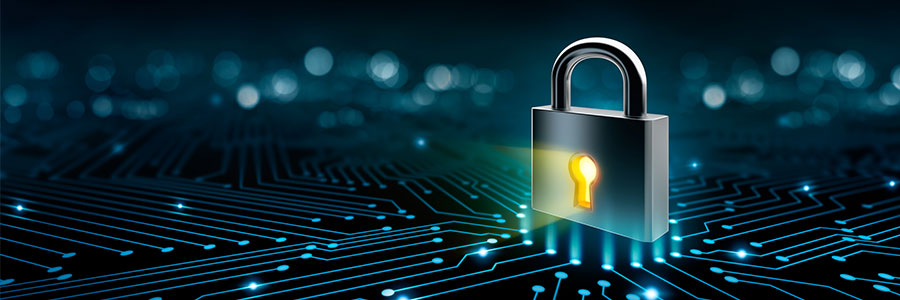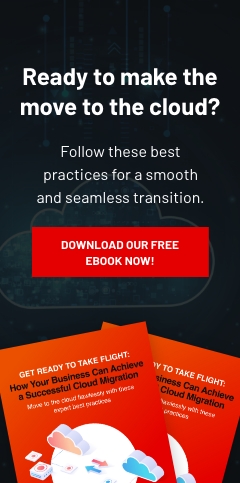Email remains one of the most widely used modes of communication for businesses of all sizes. Unfortunately, it's also one of the most preferred entry points of malicious cybercriminals. An email and its attachments can be embedded with malware, and your entire network can get infected once a user clicks on them.
What actually happens to your stolen data

A study revealed that around the world, hackers attack once every 39 seconds. In 2018 alone, hackers stole over half a billion personal records — a 126% jump from figures in 2017. That’s a huge amount of data! This begs the question: what do hackers do with all this information?
To answer this question, you need to determine first why hackers hack.
Why multifactor authentication is important for cybersecurity

Passwords play a critical role in preventing unauthorized account access. Unfortunately, the Google-Harris Poll 2019 password survey showed that many Americans have poor password practices. The survey’s highlights included:
24% of respondents use common passwords such as “abc123,” “Iloveyou,” and “Qwerty”
59% of respondents integrate easy-to-guess personal information (e.g., birthdays) in their passwords
22% of respondents use their own name as part of their password for at least one account
43% of respondents share their passwords with other people
66% of respondents used the same passwords across multiple accounts (e.g., online banking, email, and social media networks)
55% of respondents did not change their password after a breach
Given that the average American has about 200 accounts that require passwords, it’s no wonder people resort to using weak passwords that are easy to remember or reusing passwords for several accounts.
5 Things you should do immediately after experiencing a data breach
Suffering a data breach is a nightmare scenario that no business leader ever wants to face, but sometimes it’s unavoidable. That’s why you need to prepare for any eventuality by having a comprehensive disaster response and recovery plan that helps you get back on your feet with minimal damage.
7 Best practices for patch management

By now, most computer users are at least vaguely familiar with the need to keep their software up to date. But hitting the “remind me later” button when a software update notification pops up is still a common practice. The problem with this is that it only takes one unpatched software to expose your business to a major cyberattack.
Why your business needs an up-to-date anti-malware solution

When it comes to information security, much of the attention is on human error, which makes sense given how most data breaches occur at the hands of social engineering scams designed to exploit human ignorance and unpreparedness. Some even question whether traditional antivirus solutions are even still relevant in an age when phishing scammers can circumvent them with ease.




